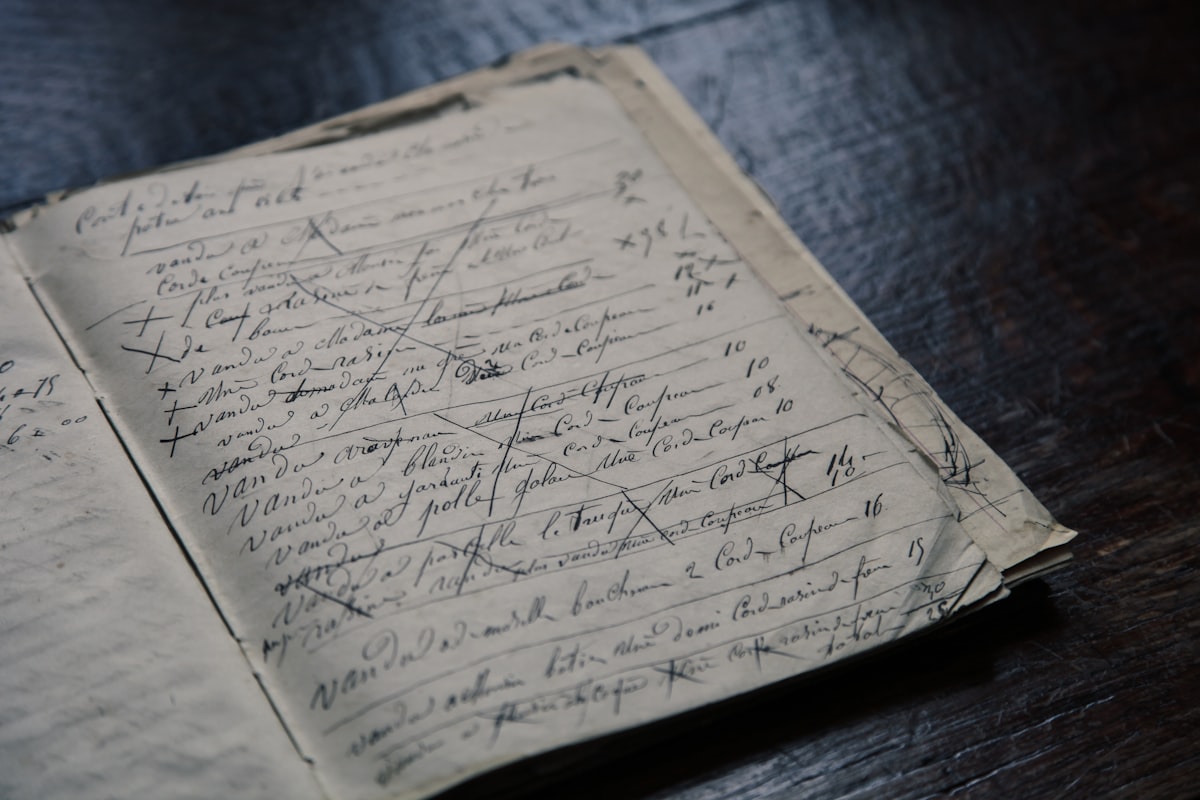Writing Notes: a process of reflection

It's finals week at my fine little university. Students are writing their final papers in my first-year composition classes on many subjects I know little about: the prejudice against chiropractic medical care, the ethics of Name-and-Likeness deals in collegiate sports, and how investing in farmland is an unknown but easily obtainable asset, and, of course, plenty are covering different forms of AI and its effects. However, the research papers aren't really the thing that sticks with me (a result of too many years of reading composition papers); it's the little exercise that I attach to the project: "writing notes."
Each student is required to write about how they wrote the paper. What was their process? What were their obstacles, and how did they overcome them? What would they do next time?
It's a simple thing, but moments of reflection like this seem key to sorting yourself out in life.
We also think a lot about it in creative writing: something just happened to this character, so What is the character thinking? What does the character imagine is going to happen next? How does this change what happened before?
This was a lesson I learned from Douglas Glover's Attack of the Coupla Spiders. (I had the pleasure of having some work accepted and published at Numero Cinq (which I always pronounced Numero Sink, to the dismay of others) and had the pleasure of having gotten stuff rejected after it was initially accepted because I couldn't get the piece right on a sentence level. (More on that at a later time).
However, this reflection is a key element of good writing, often early in the second chapter or the beginning of most chapters. After we know where the character is, the thinking is there about what happened before, during, and in the near future. (Of course, there are plenty of exceptions – basically, all of Thomas Bernhard's stuff was steeped in thought). This is opposed to a lot of what I'm seeing in student writing, which is a pure "visual focus" rather than an "interiority" focus that literature does best. (The classic "rolling eyes" or some other form of facial expression).
Sundays at church, or whatever time of meditation seems always butressed with the bookends of reflecting and in those dark moments when you have to sort out whether you ought to move across the country, chase a dream, or buckle down to do the hard work, usually is birthed from some serious reflection. Also, "why was writing this assignment so hard?"
This—I think—our current moment has done much damage to our culture through the use of our smartphones, antisocial media, and our culmative efforts to amuse ourselves to death. I know that when I was trying to get in the head of my narrator for The All-American, reflection was the scariest thing for him because he had to admit that the future may not work out for him no matter how hard he worked.
Anyway, I do these reflections, Writing Notes, with my students, and they seem to do the thing I want them to: think about how they're doing things and what they can do to improve their writing moving forward.
I wonder what other form of simple reflection questions we could use in our lives, that would really help us?